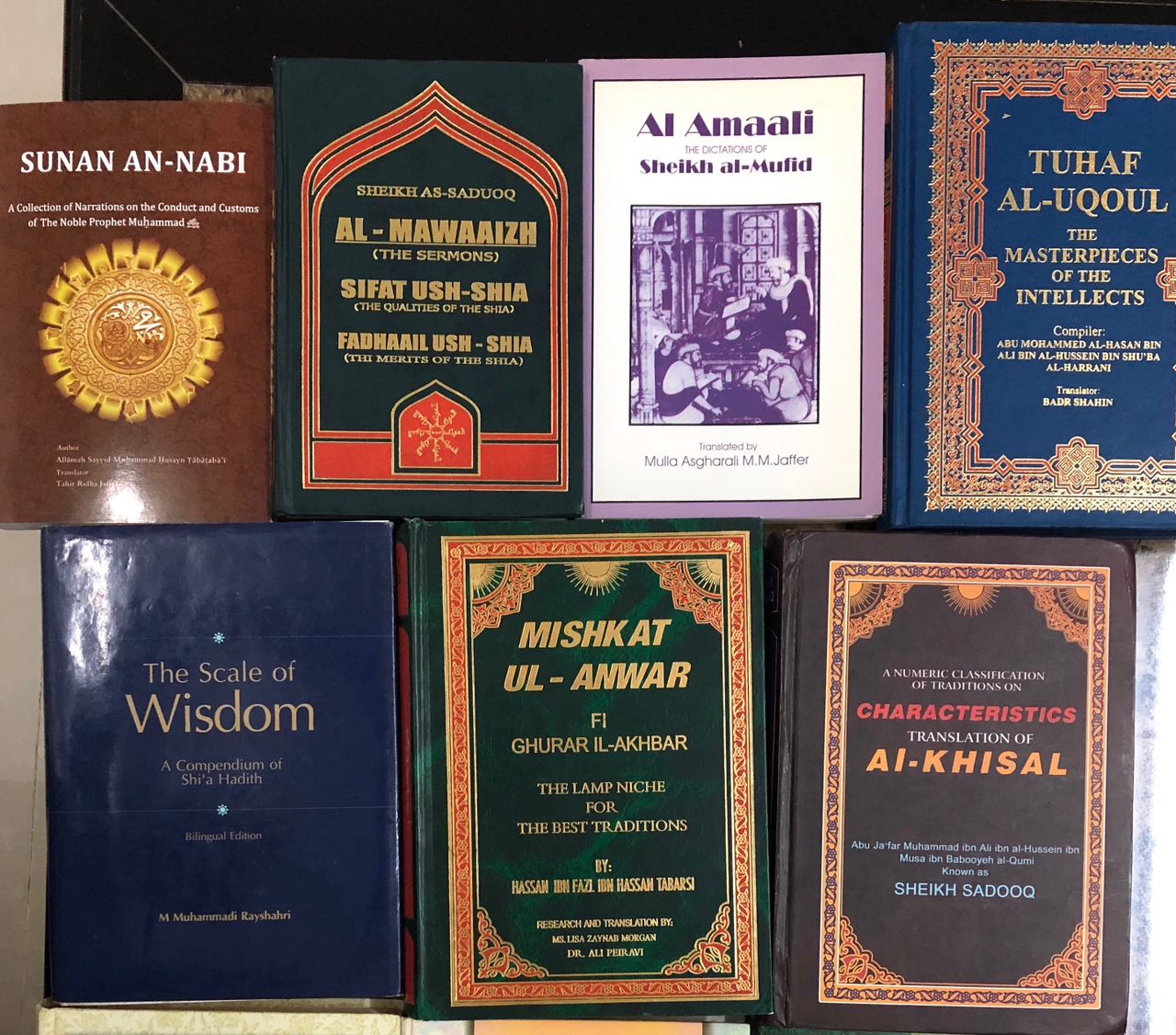25 Hadiths That Define Islamic Etiquette
Culled from Ustadh Ismail Kamdar’s article “25 Beautiful Hadiths about Good Manners”, this collection revisits some of the Prophet’s (pbuh) sayings that place good conduct at the centre of faith.
By Abdullahi Yusuf
Good manners are not mere social courtesies in Islam; they are the fragrance of faith itself and a reflection of one’s inner connection with Allah. The Prophet Muhammad (peace be upon him) said that nothing is heavier on the scale of deeds than good character, a truth that generations of scholars have echoed in their works. Imam al-Nawawi dedicated chapters of Riyadh as-Saliheen to Adab, while Imam al-Bukhari compiled Al-Adab al-Mufrad, a collection devoted entirely to the Prophet’s guidance on conduct and character.
Hadiths related to the virtues of good manners
The messenger (peace be upon him) said, “Nothing is heavier on the Scale of Deeds than one’s good manners.” (Saheeh Al-Bukhari)
“The most beloved of Allah’s slaves to Allah are those with the best manners.” (At-Tabrani)
“A person may attain through good manners the same level of virtue as those who spend their nights in prayer.” (Saheeh Al-Bukhari)
‘The best among you in Islam are those with the best manners,” (Saheeh Bukhari)
When asked about the definition of righteousness, the Prophet (peace be upon him) replied, “Righteousness is good character,” (Saheeh Bukhari)
Hadiths about the most important manners
“Whoever believes in Allah and the Last Day, let him speak good things or remain silent.” (Saheeh Muslim)
“Verily, from the perfection of Islam is that a person leaves what does not concern him.” (Sunan At-Tirmidhi)
“Do not lose your temper.” *repeated three times as advice (Saheeh Bukhari)
“None of you will have faith until he loves for his brother what he loves for himself.” (Saheeh Bukhari)
“He who does not show mercy to our young ones or show respect for our elders is not one of us.” (Saheeh Bukhari)
Hadiths about manners towards parents
Abdullah Ibn Masood (RA) said, “I asked the Prophet (peace be upon him) which action Allah loves best. He replied, ‘Prayer at its proper time.’ I asked, ‘Then what?’ He said, ‘Then kindness to parents.” (Adab Al-Mufrad)
Abu Hurayra (RA) said, “The Prophet (peace be upon him) was asked, ‘Messenger of Allah, to whom should I be dutiful?’ ‘Your mother,’ he replied. He was asked, ‘Then whom?’ ‘Your mother,’ he replied. He was asked, ‘Then whom?’ ‘Your mother,’ he replied. He was asked, ‘Then whom?’ He replied, ‘Your father.’”
(Adab Al-Mufrad)
“Allah curses anyone who curses his parents.” (Adab Al-Mufrad)
“From among the major sins is for a man to despise his own father,” (Adab Al-Mufrad)
A man came to the Prophet (peace be upon him) wanting to join him on Jihad. He has two elderly parents. The Prophet (peace be upon him) told him, “Your striving is in serving them,” (Adab Al-Mufrad)
Hadiths about mercy
“Allah will not show mercy to a person who does not show mercy to other people.” (Adab Al-Mufrad)
“Show mercy and you will be shown mercy. Forgive and Allah will forgive you.” (Adab Al-Mufrad)
“Those who are merciful will be shown mercy by the Most Merciful. Be merciful to those on the earth and the One in the heavens will have mercy upon you.” (Sunan At-Tirmidhi)
“Spread peace between yourselves. By the one in whose hand is my soul, you will not enter Paradise until you are merciful.” (Al-Mustadrak)
Anas Ibn Malik (RA) said, “The Prophet (peace be upon him) was merciful and no one would come to him in need except that he would promise to help him or he would give him something.” (Adab Al-Mufrad)
General hadiths about good manners
“Modesty only causes good,” (Saheeh Bukhari)
“A good word is charity,” (Saheeh Bukhari)
“The believer does not curse/use vulgar language,” (Tirmidhi)
“Whoever desires more wealth and a long life should maintain family ties.” (Saheeh Bukhari)
“Do not envy one another, and do not inflate prices for one another, and do not hate one another, and do not turn away from one another, and do not undercut one another in trade, but be slaves of Allah and brothers. A Muslim is the brother of a Muslim: he does not oppress him, nor does he fail him, nor does he lie to him, nor does he hold him in contempt. Taqwa (piety) is right here [and he pointed to his chest three times]. It is evil enough for a man to hold his brother Muslim in contempt. The whole of a Muslim is inviolable for another Muslim: his blood, his property, and his honour.” (Saheeh Muslim)
In the end, good manners are not about appearing polite, they are about carrying faith with dignity. They are the quiet proof that belief has taken root in one’s heart. When a person can disagree without hostility, correct without pride, and serve without being seen, that is Adab in motion.
What these Hadiths really remind us is that character is not built in public moments but in the small, unseen choices of daily life — how we speak, how we forgive, how we control the ego when it itches for recognition.
Faith is complete only when behaviour matches belief. And if knowledge is light, then manners are the vessel that keeps that light from spilling.




